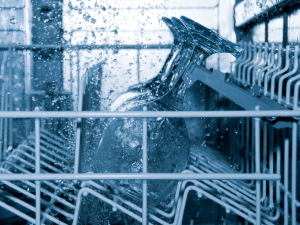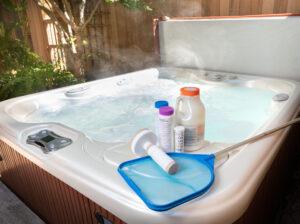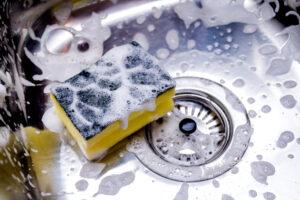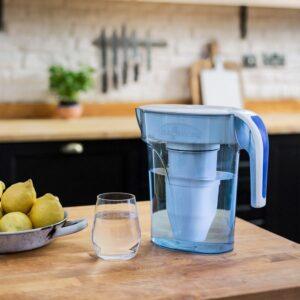Cleaning Tips



Cleaning Tips
Home Care
Water Hardness
Hard Water Havoc: How Limescale Invades Every Corner of Your Home
Hard water might sound like a minor inconvenience, but it’s more like an uninvited guest that overstays its welcome, c...
Read More


Cleaning Tips
Water Hardness
How to Clean Your Stainless Steel
Stainless steel, when clean, offers sparkle and sophistication to your kitchen. Yet, left alone without proper care, sta...
Read More

Cleaning Tips
Water Hardness
Hard Water Areas: What Are Your Options?
Have you ever stopped and wondered about water hardness? Many of us live in hard water areas without even realising it. ...
Read More